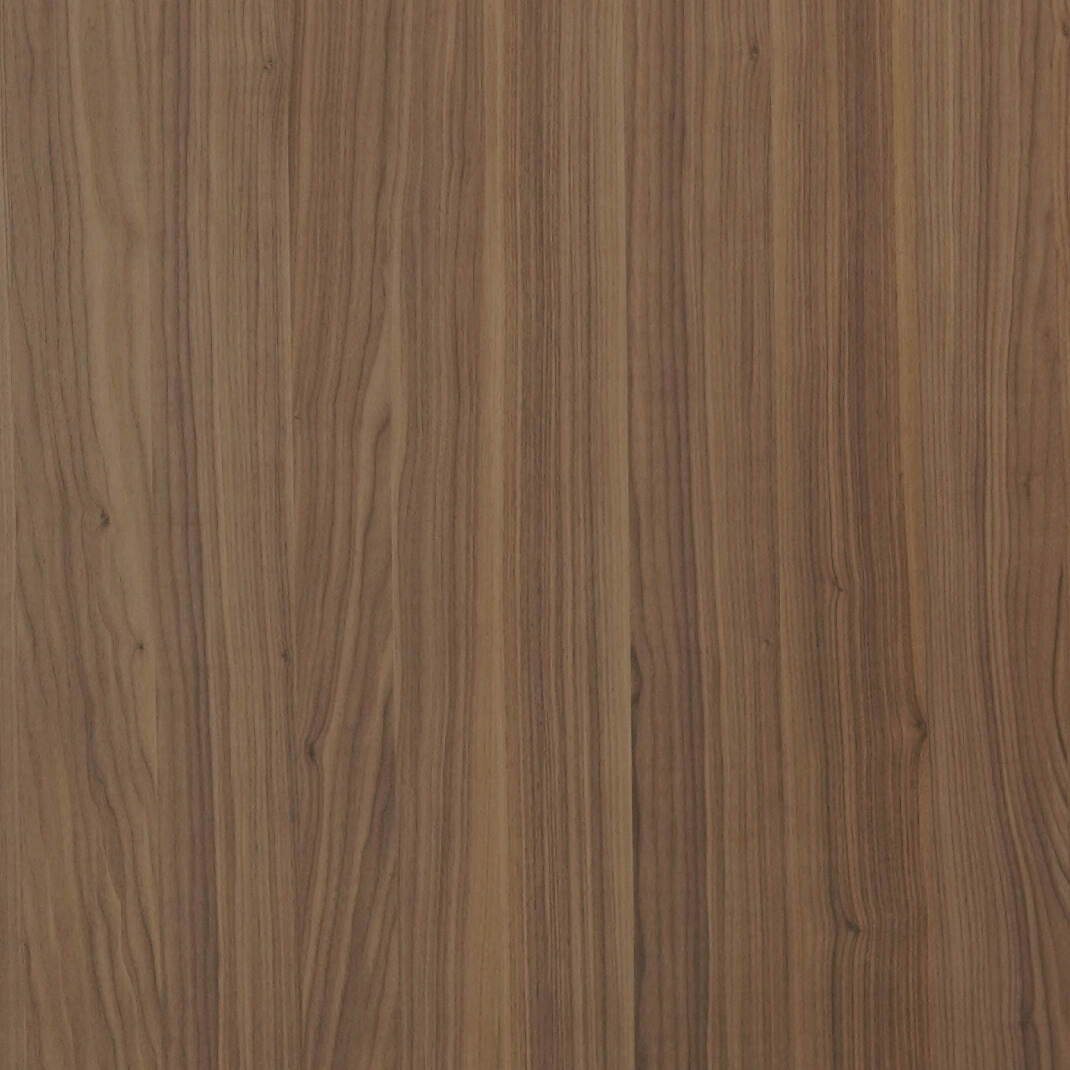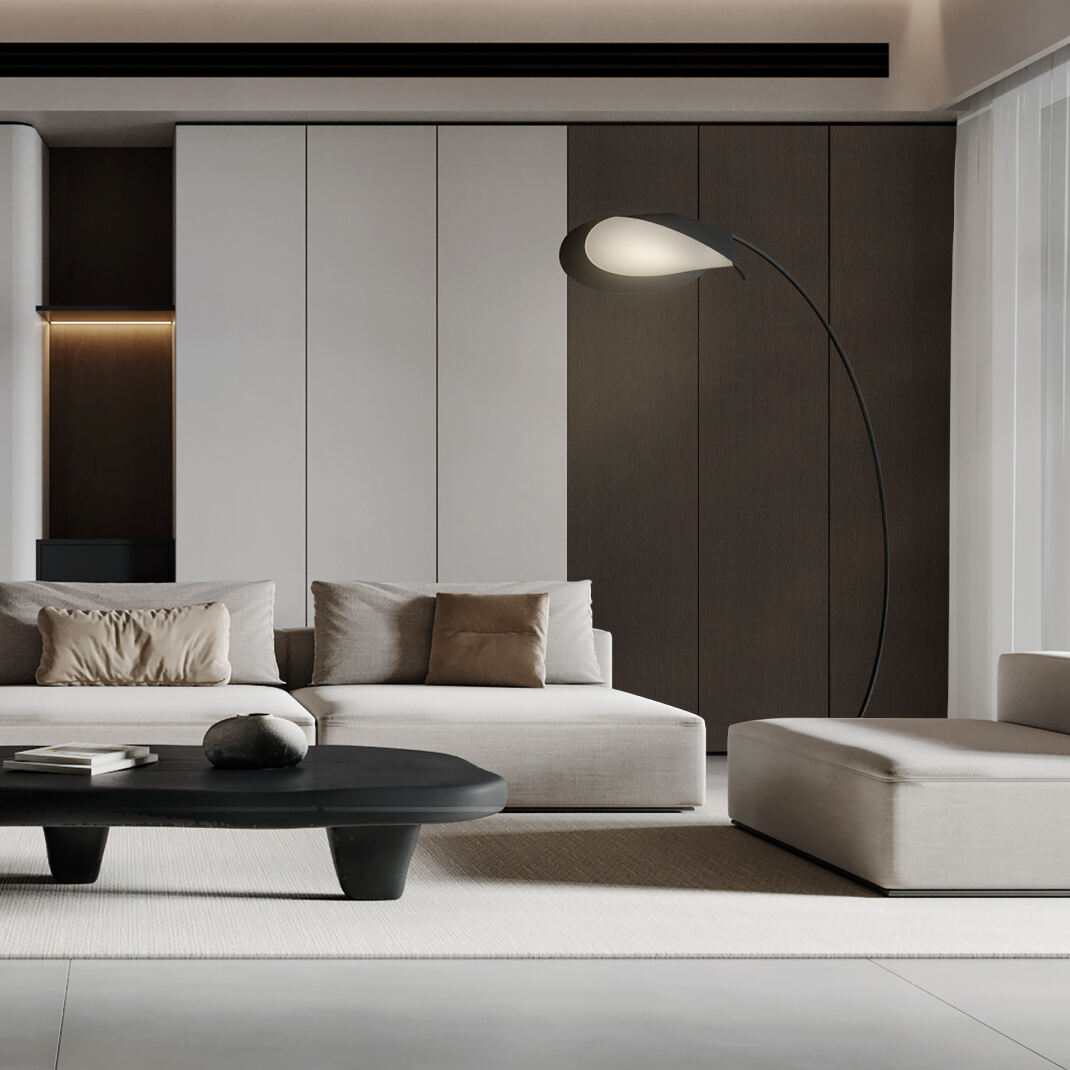When selecting materials for furniture, cabinetry, and construction projects, the choice between hardwood panels and alternative materials significantly impacts both aesthetics and performance. Understanding the distinct characteristics, benefits, and limitations of each option enables professionals and homeowners to make informed decisions that align with their project requirements and budget constraints. This comprehensive comparison examines how hardwood panels stack up against popular alternatives in today's market.

Material Composition and Construction Differences
Solid Wood Panel Construction
Traditional hardwood panels consist of carefully selected timber pieces joined together to create larger surfaces while maintaining the natural grain patterns and structural integrity. These panels showcase the authentic beauty of species like oak, maple, cherry, and walnut, with each piece contributing to the overall aesthetic appeal. The manufacturing process involves precise milling, edge gluing, and finishing techniques that preserve the wood's natural characteristics.
Modern hardwood panels often incorporate advanced joinery methods and moisture control processes to minimize warping and splitting. The thickness typically ranges from three-quarters of an inch to several inches, depending on the intended application. Quality hardwood panels maintain consistent grain direction and color matching throughout the surface area.
Engineered Alternative Materials
Medium-density fiberboard, particleboard, and plywood represent the primary alternatives to solid wood construction. These engineered products combine wood fibers, particles, or veneers with adhesives to create stable, uniform panels. Manufacturing processes allow for precise dimensional control and consistent density throughout the material thickness.
Laminated materials and high-pressure decorative surfaces provide additional options that simulate wood appearance while offering enhanced durability and moisture resistance. These alternatives often incorporate recycled wood content and synthetic materials to achieve specific performance characteristics at reduced costs.
Performance Characteristics and Durability
Strength and Structural Integrity
Hardwood panels demonstrate superior load-bearing capacity and resistance to impact damage compared to most engineered alternatives. The natural fiber structure of solid wood provides excellent tensile strength and flexibility under stress. Quality hardwood panels can support heavy loads without sagging or failure when properly supported and installed.
The longevity of hardwood panels often exceeds that of alternative materials by decades when maintained properly. Natural aging processes actually enhance the appearance of many hardwood species, developing rich patinas and character over time. This durability factor contributes significantly to long-term value considerations.
Environmental Response and Stability
Solid wood materials naturally expand and contract with changes in humidity and temperature, requiring careful consideration during installation and design phases. Proper acclimation and finishing techniques can minimize movement while preserving the material's natural beauty. Understanding seasonal variations helps prevent potential issues with gaps or warping.
Engineered alternatives often provide superior dimensional stability due to their cross-layered construction or uniform composition. Plywood and oriented strand board demonstrate reduced movement compared to solid wood, making them suitable for applications where stability takes priority over natural appearance.
Aesthetic Appeal and Design Flexibility
Natural Beauty and Grain Patterns
The inherent beauty of hardwood panels stems from unique grain patterns, color variations, and natural characteristics that cannot be replicated artificially. Each panel tells a story through its growth rings, mineral streaks, and distinctive markings that developed over decades of natural growth. This authenticity creates warmth and character that enhances any interior space.
Different hardwood species offer diverse aesthetic options, from the bold grain of oak to the subtle elegance of maple or the rich chocolate tones of walnut. The ability to sand, stain, and finish hardwood panels provides unlimited customization possibilities to match specific design requirements.
Surface Treatment and Finishing Options
Traditional hardwood panels accept stains, oils, and clear finishes that penetrate the wood surface to enhance natural beauty while providing protection. Multiple coating options allow for matte, satin, or glossy appearances that complement various design styles. The refinishing capability of solid wood extends its useful life and allows for periodic updates.
Alternative materials often rely on printed surfaces, vinyl overlays, or thin wood veneers to achieve wood-like appearances. While these technologies have improved significantly, they cannot match the depth and richness of authentic wood grain patterns. Damage to surface treatments on engineered products typically requires complete panel replacement rather than refinishing.
Cost Analysis and Value Considerations
Initial Investment Comparison
Hardwood panels generally require higher upfront investment compared to engineered alternatives due to raw material costs and manufacturing complexity. Premium species command significantly higher prices, while more common hardwoods offer better value while maintaining solid wood benefits. The cost difference varies considerably based on species selection, panel dimensions, and quality grades.
Engineered materials provide immediate cost savings that appeal to budget-conscious projects or applications where appearance takes lower priority than function. The manufacturing efficiency of these products enables competitive pricing while meeting basic performance requirements for many applications.
Long-term Value and Return on Investment
The durability and refinishing capability of hardwood panels often justify higher initial costs through extended service life and maintained appearance. Quality hardwood installations can last several decades with proper care, while many alternatives require replacement within ten to fifteen years. This longevity factor significantly impacts total ownership costs over time.
Property values typically reflect the quality of materials used in construction and renovation projects. Hardwood panels contribute to premium finishes that enhance marketability and resale potential. The perceived quality and luxury associated with natural wood materials creates lasting value that engineered alternatives cannot match.
Application-Specific Performance Requirements
Interior Applications and Climate Considerations
Kitchen cabinetry, furniture construction, and architectural millwork represent ideal applications for hardwood panels where appearance and durability align with performance requirements. The natural antimicrobial properties of certain hardwood species provide additional benefits in food preparation areas. Proper sealing and finishing protect against moisture while preserving functionality.
Climate-controlled interior environments minimize the challenges associated with wood movement while maximizing aesthetic benefits. Understanding regional humidity patterns and seasonal variations helps optimize hardwood panel performance through appropriate species selection and installation techniques.
Commercial and Industrial Applications
High-traffic commercial environments may benefit from the superior wear resistance of quality hardwood panels, particularly in applications like conference tables, reception desks, and retail displays. The ability to sand and refinish damaged areas maintains appearance standards without complete replacement costs.
Industrial applications often prioritize function over appearance, making engineered alternatives more suitable for structural components, shipping containers, and utility construction. The consistent properties and lower costs of these materials align better with purely functional requirements.
Sustainability and Environmental Impact
Renewable Resource Management
Responsibly harvested hardwood panels represent renewable resources when sourced from sustainably managed forests. Certification programs ensure that timber harvesting practices maintain forest health while providing economic incentives for proper land management. The carbon sequestration benefits of wood products contribute positively to environmental considerations.
Local sourcing of hardwood panels reduces transportation impacts while supporting regional forestry operations. Understanding the origin and certification status of wood products enables environmentally conscious decision-making that aligns with sustainability goals.
Manufacturing Process Environmental Considerations
The production of engineered wood alternatives often involves significant chemical processing, including formaldehyde-based adhesives and synthetic resins that raise indoor air quality concerns. Low-emission and formaldehyde-free options address these concerns but typically command premium pricing similar to hardwood panels.
Recycled content in engineered products provides environmental benefits by utilizing wood waste and post-consumer materials. However, the energy-intensive manufacturing processes and chemical treatments offset some of these advantages compared to minimally processed solid wood materials.
FAQ
How do hardwood panels compare to laminate materials in terms of repair and maintenance
Hardwood panels offer significant advantages in repairability since scratches, dents, and wear can be sanded out and refinished to restore original appearance. Laminate materials typically require complete panel replacement when damaged since the printed surface layer cannot be repaired. Regular maintenance of hardwood panels involves periodic cleaning and occasional refinishing, while laminate materials primarily need surface cleaning but cannot be restored when worn or damaged.
What thickness considerations should guide the choice between hardwood panels and plywood alternatives
Hardwood panels typically require greater thickness to achieve equivalent strength compared to plywood due to grain direction uniformity. For structural applications, three-quarter inch plywood often provides sufficient strength where one-inch solid wood might be necessary. However, hardwood panels offer superior edge finishing options and can be shaped or profiled more extensively. The application requirements and load expectations should determine minimum thickness regardless of material choice.
How do moisture resistance properties differ between solid wood and engineered alternatives
Properly finished hardwood panels demonstrate excellent moisture resistance for interior applications, but require careful sealing of end grain and edges to prevent water infiltration. Marine-grade plywood and moisture-resistant MDF often outperform solid wood in high-humidity environments due to their engineered construction and specialized adhesives. However, solid wood can be dried and restored if moisture damage occurs, while engineered materials typically suffer permanent damage from water exposure that requires replacement.
What factors should determine material selection for custom furniture versus built-in applications
Custom furniture projects typically benefit from hardwood panels due to their superior appearance, edge detailing capabilities, and long-term durability expectations. Built-in applications might prioritize dimensional stability and cost considerations, making engineered alternatives attractive for concealed structural components while using hardwood panels for visible surfaces. The expected service life, usage intensity, and aesthetic requirements should guide material selection more than the application type alone.
Table of Contents
- Material Composition and Construction Differences
- Performance Characteristics and Durability
- Aesthetic Appeal and Design Flexibility
- Cost Analysis and Value Considerations
- Application-Specific Performance Requirements
- Sustainability and Environmental Impact
-
FAQ
- How do hardwood panels compare to laminate materials in terms of repair and maintenance
- What thickness considerations should guide the choice between hardwood panels and plywood alternatives
- How do moisture resistance properties differ between solid wood and engineered alternatives
- What factors should determine material selection for custom furniture versus built-in applications



